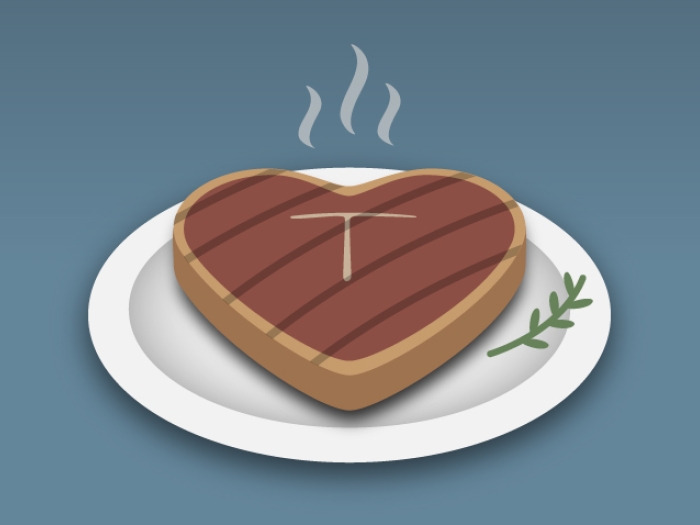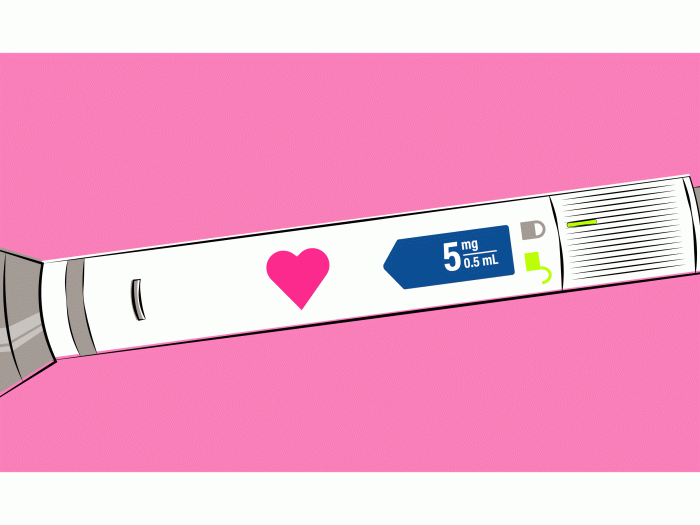Keeping a healthy heart requires a diligent diet with plenty of fruits and vegetables each day. Consider these quick add-ons and tasty substitutions as a simple way to meet your quota.
11:15 AM
Author |

An apple a day keeps the doctor away.
Everyone knows the old saying, but did you know that consuming more servings of produce each day can keep other things away, too?
One 2014 study found that eating 5 servings of fruits and vegetables a day cuts a person's risk of death from heart disease by 20 percent.
Another study published in the journal Circulation found that people who ate the most fruits and vegetables (7 to 9 servings daily) as young adults saw greater long-term heart health: They were 25 percent less likely to have calcium buildup in coronary arteries — an indicator of heart disease — in their adult years compared to peers who ate fewer than 4 servings.
And, the top-ranked diet known as DASH (Dietary Approaches to Stop Hypertension) was designed to lower blood pressure without medication by integrating 8 to 10 daily servings of produce.
Need help reaching that high number? There are plenty of ways to incorporate heart-healthy foods into your existing menu without missing a beat, such as the examples below.
Food good for the heart
Try these tips to eat more fruits and vegetables, which can help prevent heart disease.
-
Add frozen or fresh fruit to yogurt, oatmeal, salads or cereal.
-
Substitute pea pods or lightly steamed green beans for crackers or pita when you use healthy dips such as hummus.
-
Try making hummus with different types of beans. (Here's our recipe for Tuscan White Bean Spread.)
-
Cook with veggies you've never had before. Radishes, perhaps. Or beets. Maybe jicama and broccolini. Shop for whatever's in season; you might find something new and delicious.
-
Purchase precut fruits and veggies (or cut your own) so they're easy to grab when hunger hits.
-
Add grated or finely chopped veggies to premade soups or pasta sauce.
-
Make zucchini ribbons with a vegetable peeler to use in place of noodles. Or, grind up raw cauliflower in a food processor to mimic the texture of rice.
-
For a cold and colorful treat, layer fruits on skewers or freeze grapes.
-
Instead of french fries, opt for roasted carrots, parsnips or sweet potatoes as a baked side dish.
-
When possible, swap out meat for beans or veggies in your favorite recipes.

Explore a variety of healthcare news & stories by visiting the Health Lab home page for more articles.

Department of Communication at Michigan Medicine
Want top health & research news weekly? Sign up for Health Lab’s newsletters today!





